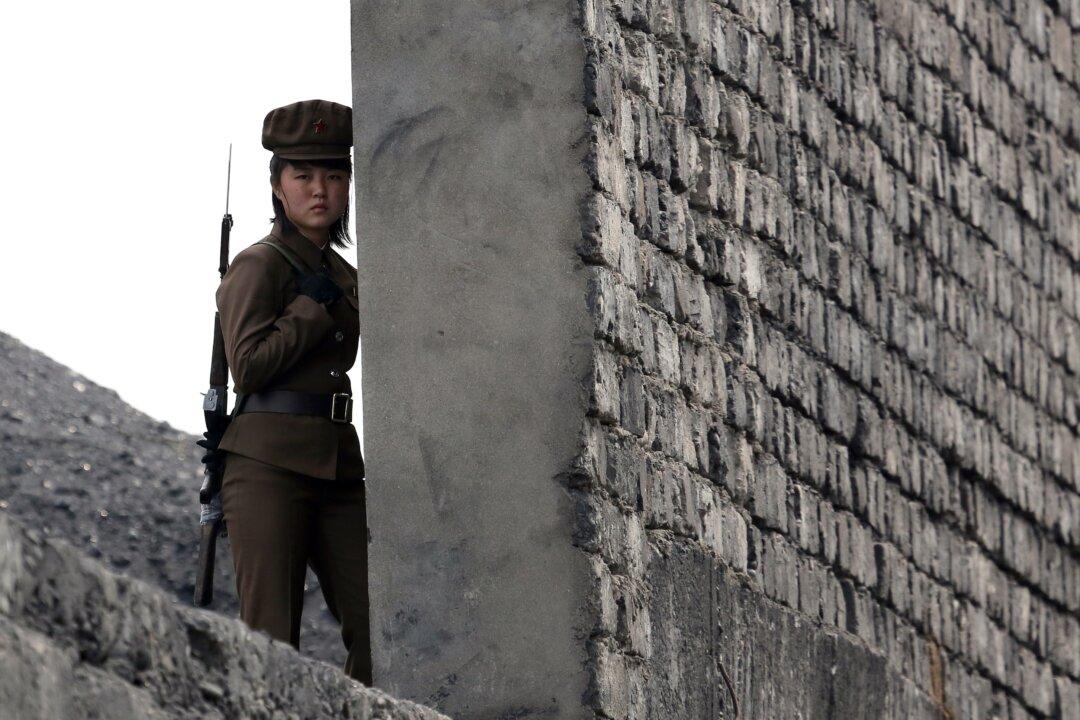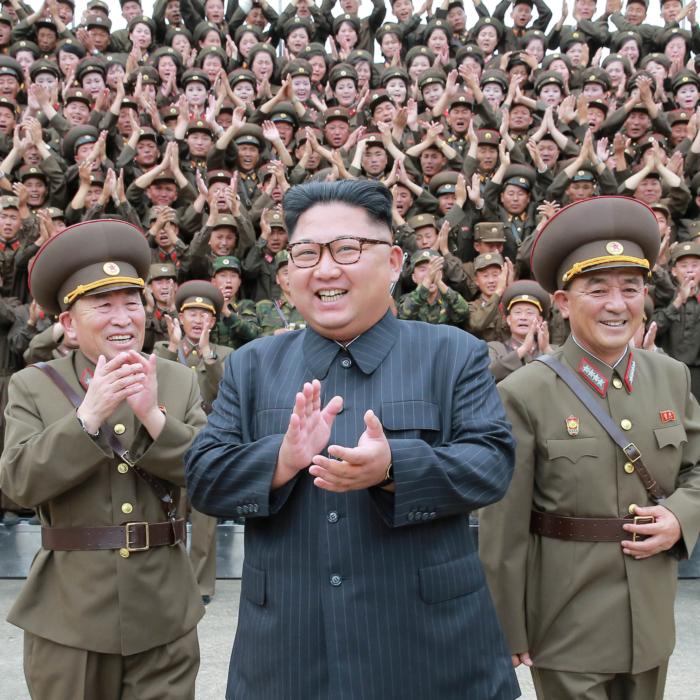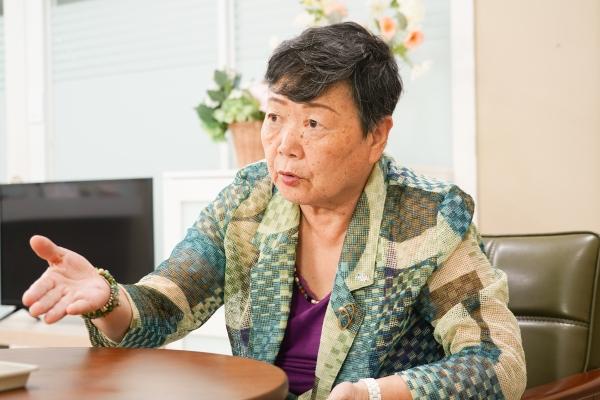The Chinese regime has forcibly deported a large number of North Koreans, raising a concern that the returnees will face harsh punishment by the regime in Pyongyang, according to a human rights group.
“[The South Korean] government’s position is that there should be no circumstances in which North Koreans living abroad would be forcibly repatriated back home against their will,” he added.
Mr. Koo said that South Korea had been unable to determine the number of people involved and whether there were defectors among them.
“The South Korean government regrets the situation and raised this matter with the Chinese side in a serious manner, emphasizing our position,” he said.
The North Koreans were taken in vehicle convoys on Monday night over five separate border crossings into the North, the rights group said, citing a missionary with contacts in the North and China who works to help defectors.
A North Korean who defected to South Korea in 2001 said a cousin of his, who had lived in China for 25 years and had a daughter with a Chinese man, was believed to be among those deported this week.
The Wall Street Journal cited data from the Seoul-based Database Center for North Korean Human Rights, reporting that over 8,000 North Koreans have been repatriated, and 98 percent were sent from China.
The South Korean government and international rights organizations have said that defectors who are deported back to North Korea face harsh punishment, including detention at labor camps where they are subject to dangerous treatment and conditions.
China has never recognized fleeing North Koreans as defectors and calls them “illegal economic migrants.” These defectors are arrested, imprisoned, and handed over to the North Korean government.
But, due to the COVID-19 pandemic, North Korea closed the border with China and refused to accept their own citizens. As a result, the Chinese regime has kept them in detention facilities.
Great Concern Raised at Congress Hearing
In June, the Congressional-Executive Commission on China held a hearing, “North Korean Refugees and the Imminent Danger of Forced Repatriation from China.”The hearing raised great concern that North Korean defectors in China face the risk of forced return to North Korea once the cross-border ban is lifted.
The hearing called for the Chinese regime to stop repatriating these North Korean refugees, accusing Beijing of violating its obligations under the 1951 U.N. Refugee Convention and the 1967 Additional Protocol.






